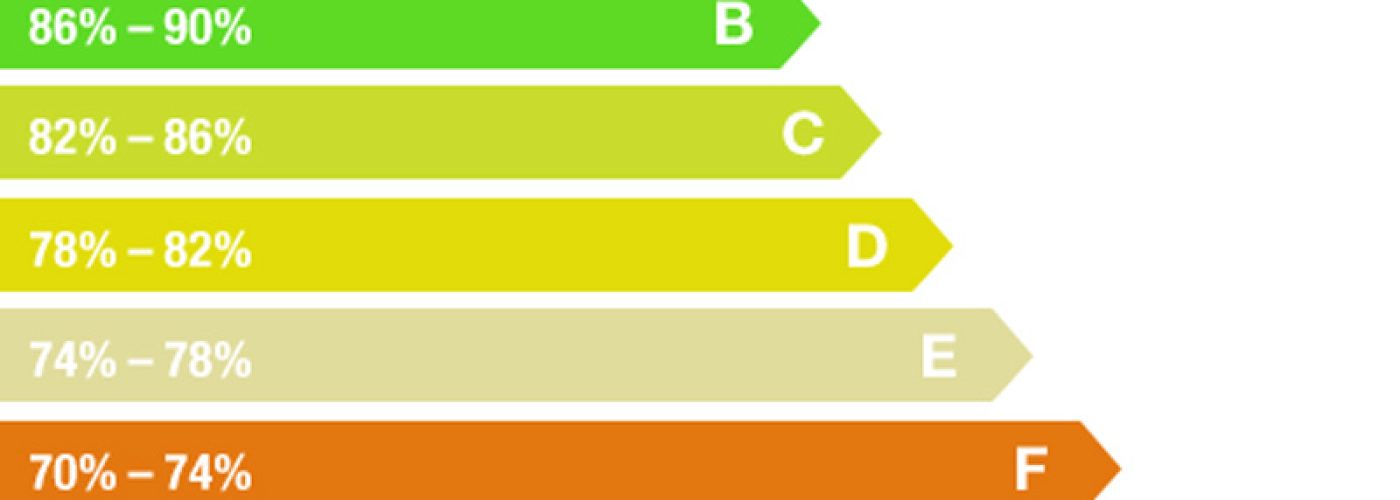The Department for Social Development’s (DSD) Review of the Role and Regulation of the Private Rented Sector (PRS) will close on 5 February.
So, the charity Electrical Safety First is urging interested stakeholders to respond, if they haven’t already done so. From 2014 to 2015, over two-thirds (67%) of accidental fires in Northern Ireland were linked to electricity, with some of the worst cases of landlord neglect relating to poor electrical safety.
Northern Ireland’s PRS has expanded rapidly and now accounts for over 16% of all housing stock, with the percentage of households in the sector doubling in the last ten years.
“We were extremely pleased that the DSD’s review includes questions around the issue of regular electrical safety checks,” explains Phil Buckle, director general of Electrical Safety First. “We believe this safeguard will not only protect private renters, but also their landlords, as it has been conservatively estimated that electricity causes £1 billion worth of damage to property in the UK.
“We would urge all key stakeholders to respond to the review and help us ensure the safety of tenants and the protection of landlords’ property.”
Electrical Safety First has been working with governments throughout the UK to develop legislation that will protect both landlords and tenants. It has called for mandatory, five yearly safety checks, by a registered electrician, of the electrical installation in all PRS properties – and any electrical appliance supplied with them.
The Charity led a coalition of stakeholders to ensure regular electrical checks were included in last year’s Scottish Housing Act and it is hopeful that they will also be introduced in Wales via the new Renting Homes (Wales) Act, which has just received Royal Assent.
Current regulations in Northern Ireland simply state that electrics in the PRS must be safe, but do not specify a regular safety review – unlike those governing gas, where an annual gas safety certificate is required.





